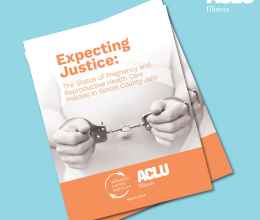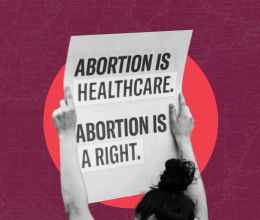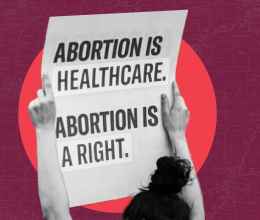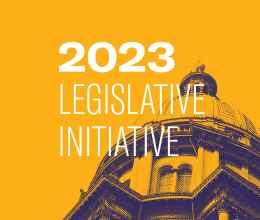
Thirty-six years ago this week, the federal Pregnancy Discrimination Act was signed into law. The law protects pregnant workers from job discrimination, and requires that employers treat pregnant workers the same as other workers in similar situations (like those with temporary disabilities).
Unfortunately, many women are still denied reasonable accommodations at work when they get pregnant. For example, Quinniya Hearn was working at Chicago’s Roseland Community Hospital as a mental health counselor when she became pregnant. According to a lawsuit filed by the Equal Employment Opportunity Commission (EEOC) on her behalf, Ms. Hearn asked Roseland to accommodate her high-risk pregnancy by temporarily excusing her from restraining disorderly and combative patients. Roseland refused to accommodate her medically ordered restrictions, but granted the same request when made by a male security guard with an injury. Roseland later fired Ms. Hearn, allegedly because of her pregnancy as well.
The EEOC has made fighting pregnancy discrimination a priority issue in recent years, filing a number of lawsuits and issuing new guidance on pregnancy discrimination for employers. In April, EEOC Commissioner Chai Feldblum expressed shock at how many employers and employees don’t realize that pregnancy discrimination is illegal. Illinois recently addressed the issue by enacting a law that expands workplace protections for pregnant employees, including requiring employers to tell employees about their rights.
Have you experienced pregnancy discrimination at work? Tell us about it here.




